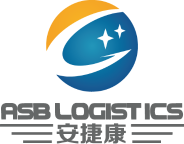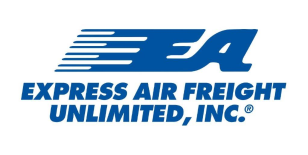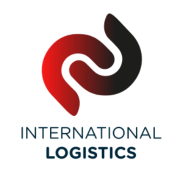Time:2022-02-21 Publisher:Kevin Num:7034
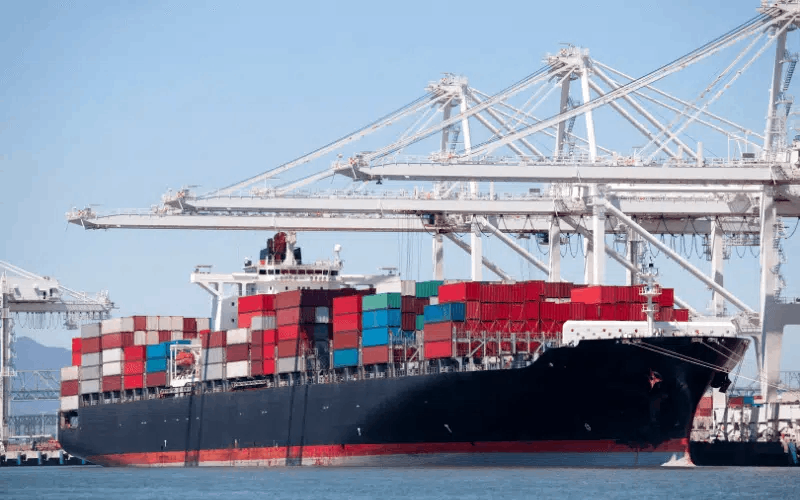
Now the complexity of the global maritime situation is unimaginable, and many maritime players are looking for ways to obtain higher returns.
It is understood that on February 15, the Container Shipping Alliance (DCSA), which consists of nine shipping companies including shipping giants Maersk, Mediterranean Shipping and Hapag-Lloyd, will join forces with the Baltic International Shipping Union (BIMCO) and the International Federation of Freight Forwarders Associations (FIATA). , the International Chamber of Commerce (ICC) and the Society for Worldwide Interbank Financial Telecommunication (SWIFT) signed the agreement.
They will work together to form an alliance called the Future International Trade Alliance. Organizations within the alliance will work together to digitize international trade, making the industry aware of the importance of data between platforms.
At the same time, the new alliance can facilitate the adoption of electronic bills of lading by regulators and banks and provide an efficient communication platform for international stakeholders.
David Loosley, Secretary General of BIMCO, said: “The digitisation of container documentation will facilitate international suppliers who rely on the transport industry. Not only that, but it will also help to accelerate the digitisation of global trade.”
Stephane Graber, head of FIATA, said: "Interoperability between players in trade and maritime transport will be a key foundation for smooth transport processes."
In fact, FIATA is recognized by many industry bodies as the owner of the only negotiable multimodal transport document. Through its business, members within the alliance will be able to focus on providing better services.
"Through this new alliance, we are able to work with maritime players to create and accelerate the digitization of bills of lading," said John, Director General of the ICC.
David Watson, Head of SWIFT, said: "In recent years, we have significantly accelerated cross-border flows and innovated at scale. Currently, SWIFT connects 11,500 institutions in more than 200 countries, serving more than $2 trillion of global trade is facilitated.
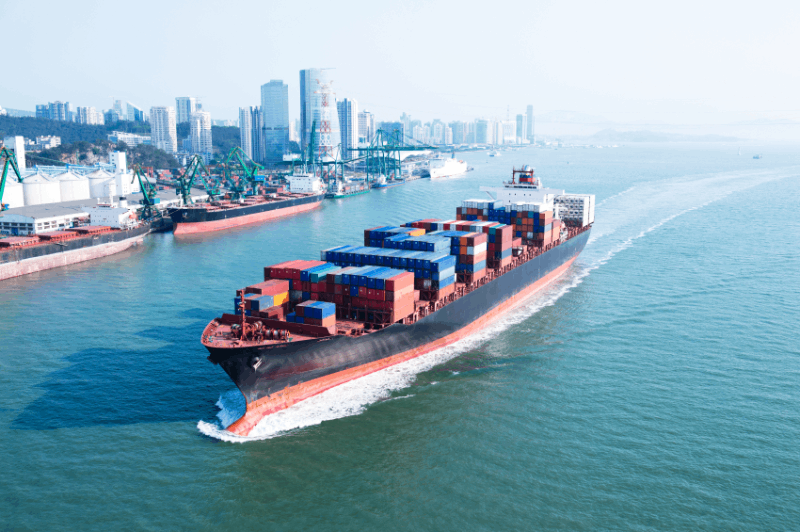
We all know that ocean transport is responsible for 90% of the world's cargo transportation. Therefore, the stakeholders involved in the B/L transaction are very complex. Therefore, in order to vigorously promote the electronic bill of lading, they must all adopt the digital bill of lading standard.
The agreement between DCSA and these major international industry organizations is a milestone. Let us look forward to the standardization, simple process and more safety and security of shipping in the future.
